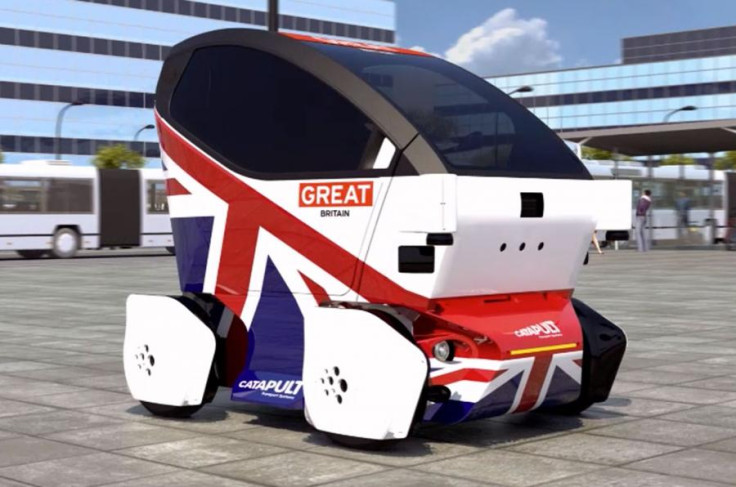Britain to lead race for self-driving cars due to 'blind luck' of not signing 1968 Vienna Convention

The UK's head start over other nations' development of autonomous cars is in part down to the "blind luck" of Britain not signing the 1968 Vienna Convention On Road Traffic.
Article 8 of the legislation – ratified by 72 nations including much of Europe as well as Mexico, Chile, Brazil and Russia – states that "every driver shall at all times be able to control his vehicle or to guide his animals...[and] every moving vehicle or combination of vehicles shall have a driver".
This clearly prohibits the use of autonomous vehicles – and even cars with a driver overseeing some degree of autonomy – and as such is a sticking point for many countries' desire to test self-driving cars on public roads. The US, Japan and China also opted against the legislation, paving the way for Google and Toyota to test on public roads.
Speaking to IBTimes UK at the Imagine Festival, a series of presentations in Milton Keynes discussing the future of transport, Neil Fulton of Transport System Catapult said the UK's ability to press on with autonomous testing on public roads was "blind luck." His comments were echoed by Tim Armitage, director of UK Autodrive, a consortium built to research and develop self-driving vehicles.
Car makers in Germany, Italy and France are pushing for Article 8 of the convention to be amended before the US, UK, Japan and China gain too much of an advantage in the crucial research, development and testing phases of autonomous vehicle development. A proposed change in 2014 loosened the ruling, but still requested the systems can be "overridden or switched off by the driver," in the event of an emergency, and a driver must be present to take over the controls.
Lutz Pathfinder
CTS and Autodrive UK joined several other transport companies at Imagine to discuss the future of autonomy and set out the world's first code of practice for self-driving vehicles. The first of these vehicles, called the Lutz Pathfinder, will start testing on public pavements in Milton Keynes this summer, before being made available to the public in 2017.
Three Pathfinder prototypes, built by Coventry-based RDI, are designed to carry two passengers around the large pedestrianised areas between Milton Keynes Central train station and a nearby business park and shopping centre. The vehicles will be summoned by a smartphone app and travel at up to 15 miles per hour; they will not drive on roads, but instead use sophisticated cameras and radar to avoid colliding with pedestrians and street furniture such as benches and lampposts.
A steering wheel and pedals will be fitted to the prototypes for safety reasons, but eventually the pods will have no conventional controls. However, an employee will have remote control over multiple pods to stop them in the event of an emergency. It is not yet clear how many pods each employee will be responsible for, although initial plans are for 40 to be used during trials.
© Copyright IBTimes 2024. All rights reserved.























